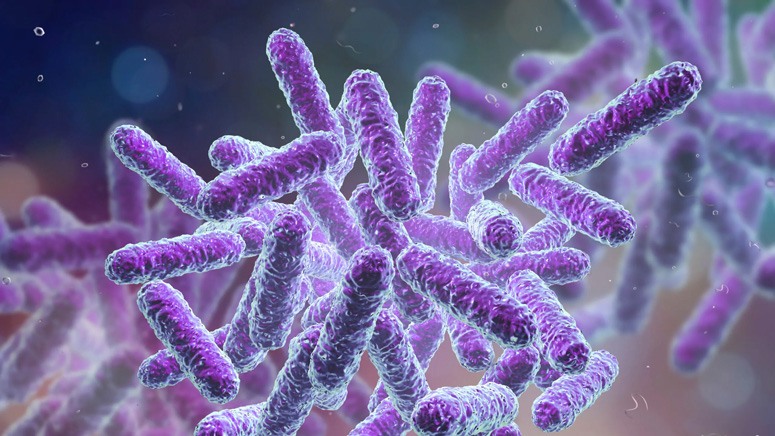Klebsiella pneumonia are bacteria that usually live in your intestine and feces. Experts refer to them as Gram-negative, non-mobile, and encapsulated bacteria. They also have a high tendency of becoming antibiotic resistant. These bacteria are harmless when they are in your stool or intestines. But they can lead to a severe infection if they spread to another part of your body, such as your lungs.
Causes of Klebsiella Pneumonia Infection

Pneumonia has been traced to a number of infections such as:
- It is responsible for 11.8 percent of people who develop pneumonia [1] in the hospital
- Meningitis [2]
- Urinary tract infection [3]
- Intra-abdominal infection
- Bloodstream infection
- Pyogenic liver abscess
Where you have your infection will determine your symptoms and treatment approach. Generally, K. pneumoniae infection does not happen to healthy individuals. Your chances of developing an infection increases if:
- You have other conditions such as peripheral vascular disease, chronic obstructive pulmonary disease (COPD) [4]
- You live in a healthcare facility
- You have cancer
- You have a catheter connected to your bladder
- You have alcohol use disorder
Antibiotics are usually used by doctors or other healthcare providers to treat K. pneumoniae infections, although some attains are now resistant to drugs. Using standard antibiotics to treat these infections is quite challenging.
K. pneumoniae is the bacteria that causes a Klebsiella infection. It happens when K. pneumoniae enters the body directly. Usually, this happens because of:
- Interpersonal communication: Someone uses contaminated hands to touch a wound or other vulnerable part of your body.
- Medical supplies: Eight to twelve of the victims of these bacteria-caused pneumonia are on ventilators.













